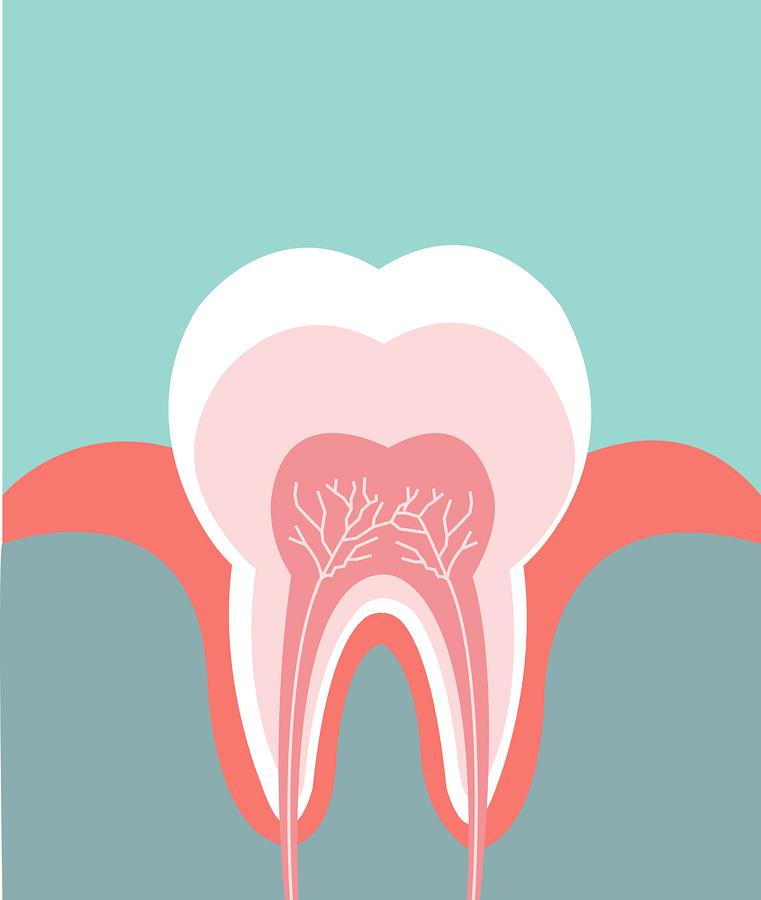Root canal therapy not only addresses the source of your pain, but also helps you avoid tooth loss. Our Longwood, FL, dentist, Dr. Ilya  Freyman, shares some information about the treatment.
Freyman, shares some information about the treatment.
How can I tell if I need a root canal?
Root canals are needed if you have an inflammation or an infection in your tooth pulp, the soft mass of nerves, blood vessels and tissue that occupies the center of your tooth. The easiest way to determine the cause of your pain is with a visit to our Longwood office. Although a dental visit is the only way to determine a definitive diagnosis, these symptoms may occur if you need a root canal:
- Pain in Your Tooth: Inflammations or infection can cause constant or intermittent pain. Pain can be mild and tolerable or might be so severe that it's impossible to sleep. Simply pressing on your tooth or chewing with it can cause pain to increase. Increased pain may also occur if you expose the tooth to hot or cold beverages or foods. If you don't receive dental treatment, your pain will continue to increase and you may lose your tooth.
- Gum Inflammation: Your gums may become red and swollen as a result of the problem with your tooth. When gum inflammation is accompanied by pain, your symptoms may be caused by more than just a simple toothache.
- Fever and Malaise: You may feel ill if you develop an abscess, a bacterial infection in your pulp. Abscess symptoms may include fever, swollen lymph glands, swelling on one side of your face and severe, throbbing pain. In some cases, you may see a little pus around the gum that surrounds the tooth or notice that you've developed a pimple-like bump on the gum.
What happens during a root canal?
Although root canals certainly require a high level of skill, they're fairly straightforward procedures. After you receive anesthesia, your tooth will be opened, the pulp will be removed, and the root canals will be cleaned and shaped. You'll probably receive a temporary filling in order to allow sufficient time for the tooth to drain. A week or two later, you'll return to our office to receive a permanent filling.
In most cases, crowns are recommended to prevent treated teeth from cracking or breaking. If you had an abscess, you'll need to take antibiotics to kill the bacteria responsible for the infection. Although your tooth will be a little sensitive for about a week after the procedure, your pain will soon disappear.
Does your tooth hurt? Call our Longwood, FL, dentist, Dr. Freyman, at (407) 260-0224 to schedule an appointment.
